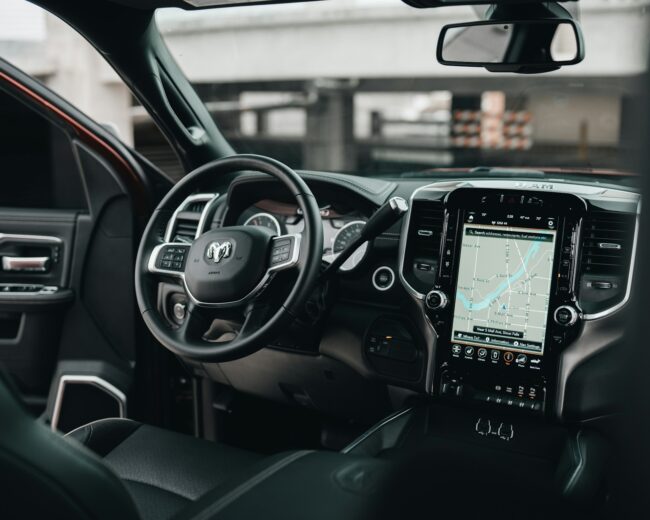Introduction: The Promise and Perplexity of Self-Driving Cars
Self-driving cars have long been hailed as the future of transportation, promising safer roads, reduced congestion, and greater convenience. However, as autonomous vehicles inch closer to reality, a fundamental question remains: will passengers ever feel comfortable enough to truly relax while riding in them? In this blog, we delve into the complexities of the autonomous commute conundrum and explore the factors influencing passengers’ ability to unwind in self-driving cars.
The Illusion of Control: Balancing Trust and Technology
One of the primary challenges of autonomous vehicles is the psychological barrier of relinquishing control. For decades, humans have been conditioned to believe that driving requires active engagement and oversight. Entrusting one’s safety to a machine, no matter how advanced, requires a significant leap of faith. Thus, achieving widespread acceptance of self-driving cars necessitates not only technological advancements but also a shift in mindset and perception.
Safety First: Overcoming Fear with Facts
Central to passengers’ ability to relax in self-driving cars is a sense of trust and confidence in their safety. While concerns about accidents and malfunctions are understandable, empirical data consistently demonstrate that autonomous vehicles are, in fact, safer than human-driven counterparts. Through rigorous testing and continuous improvement, manufacturers and regulators are working to address safety concerns and enhance public trust in self-driving technology.
The Human Factor: Emotions and Adaptation
Beyond safety considerations, passengers’ comfort in self-driving cars is influenced by emotional factors and individual preferences. Some may embrace the opportunity to reclaim time and productivity during their commute, while others may struggle to relinquish control and remain vigilant. As with any paradigm shift, acceptance of autonomous vehicles will likely vary among individuals and evolve over time as familiarity breeds confidence.
Designing for Comfort: Creating a Seamless Passenger Experience
In addition to addressing technical challenges, automakers must prioritize passenger comfort and convenience in the design of self-driving cars. From interior layout and seating arrangements to entertainment options and climate control, every aspect of the passenger experience plays a role in fostering relaxation and enjoyment. By focusing on user-centric design principles, manufacturers can enhance passengers’ comfort and alleviate concerns about autonomy.
Legal and Ethical Considerations
- The widespread adoption of self-driving cars raises legal and ethical questions.
- Liability issues in the event of accidents become complex with autonomous vehicles.
- Questions regarding privacy and data security emerge with the collection and use of passenger data.
- Regulatory frameworks must evolve to keep pace with technological advancements.
- Clear guidelines and standards are essential to instill confidence in passengers and stakeholders.
- Addressing legal and ethical considerations is crucial for a smooth transition to autonomous transportation.
The Road Ahead: Toward a More Relaxed Autonomous Commute
While the prospect of relaxing in autonomous cars cars may seem distant for some, the trajectory toward greater autonomy is inevitable. As technology continues to mature and public acceptance grows, the autonomous commute conundrum may gradually dissolve. Today, cars are running in on electricity so it doesn’t seem impossible for them run on their own. By fostering transparency, prioritizing safety, and designing for passenger comfort, the automotive industry can pave the way for a future where relaxation and autonomy go hand in hand.
Conclusion: Embracing the Evolution of Transportation
The autonomous commute conundrum poses challenges in technology, psychology, law, and societal norms, requiring multifaceted solutions. While the journey toward widespread acceptance of self-driving cars may be fraught with uncertainties, the potential benefits—both in terms of safety and quality of life—are too significant to ignore. Manufacturers embracing transportation evolution can pave the way for widespread relaxation in self-driving cars, addressing passenger concerns.
